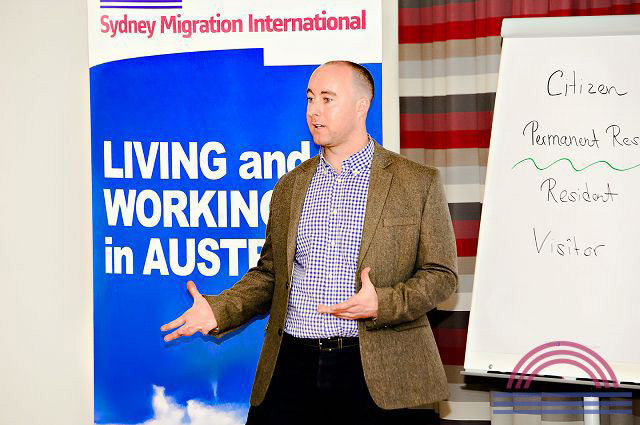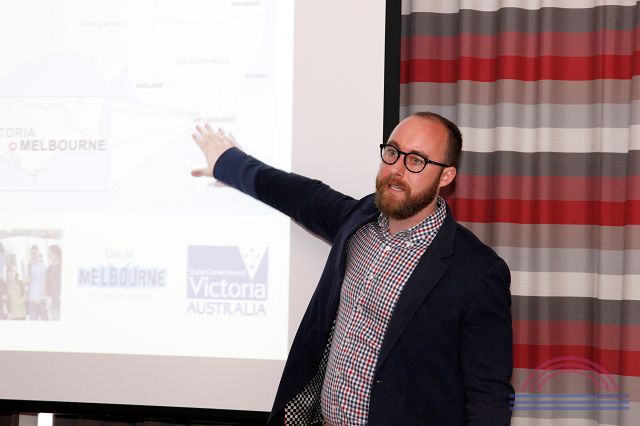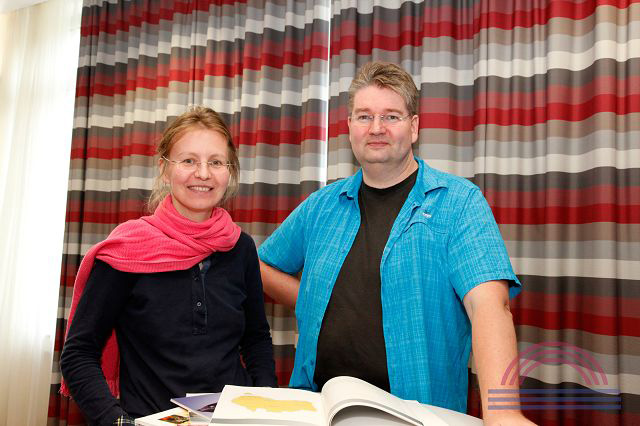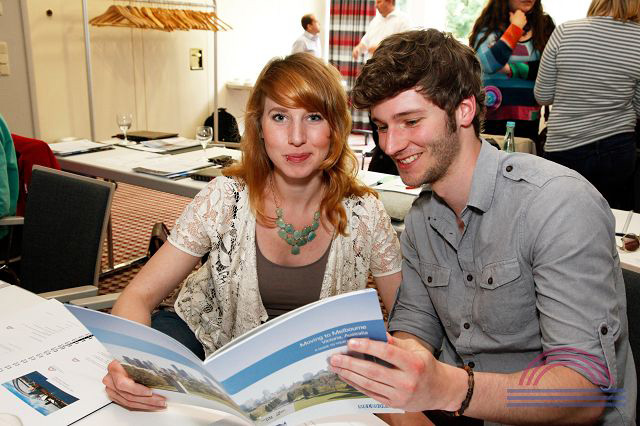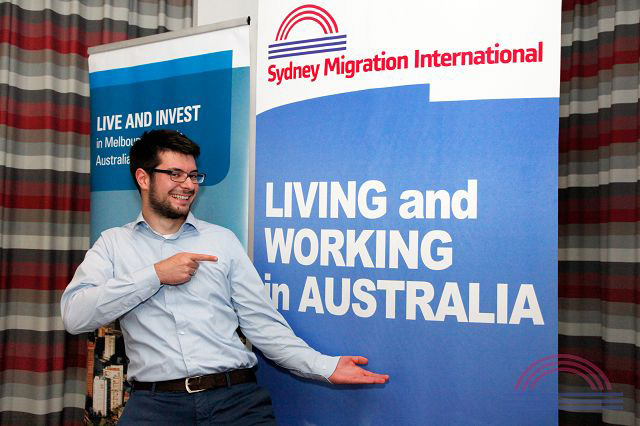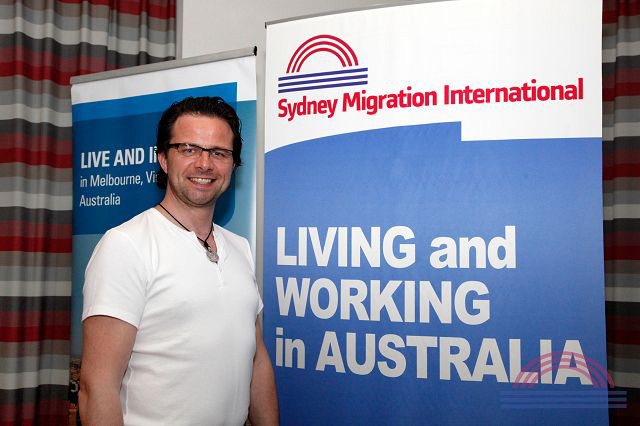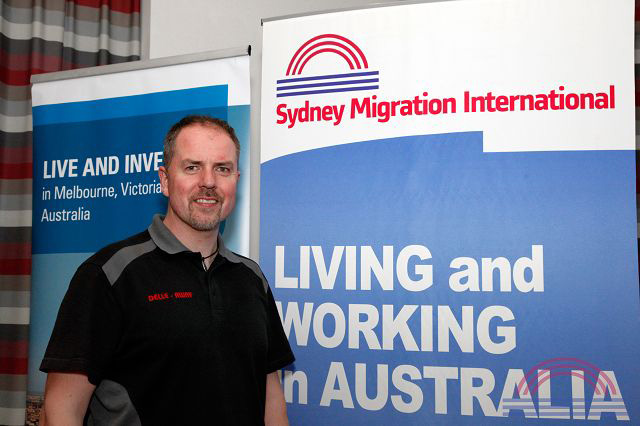Business Sponsorship
We are specialised in providing advice and assistance to small and medium businesses seeking to apply for a Business Sponsorship.
Small and medium businesses can nominate and sponsor workers under the skilled migration program. Find out more:
What do Australian businesses need to do in order to apply for a Business Sponsorship?
We set out below the two key requirements in order for a business sponsorship. A business has to apply to be approved as a standard business sponsor and therefore nominate employees under the Skills in Demand visa scheme:
- Lawful operation: The sponsoring business must be lawfully and actively operating. Even new businesses can be approved as standard business sponsors. The business can also either be operating in Australia, or, alternatively, the business can only be operating overseas (and not in Australia) under the overseas business sponsorship provisions.
- SAF Levy: If the business is lawfully operating a business in Australia, the sponsoring business needs to comply with the SAF Levy.
Overseas Business Sponsorship – even overseas businesses located outside of Australia can become a business sponsor
A business sponsorship is not only available to Australian businesses. Businesses which only operate overseas (and not in Australia) can also sponsor workers to live and work in Australia in the same way that domestic Australian businesses can do so. However, by comparison, there is no requirement for overseas businesses to comply with the training benchmark requirements and therefore the process and costs are less onerous for overseas businesses to an extent due partly to Australia’s international trade obligations.
What do businesses need to do in order to obtain an approved SID visa nomination under a Busines Sponsorhip?
The sponsoring business must have a valid business sponsorship in place. This means it needs to be an approved standard business sponsor first. In practice, all three applications (i.e. stages 1, 2, and 3 above) are lodged simultaneously. The Department of Home Affairs simply needs to approve each stage in sequence.
We set out the key requirements for the nomination stage below:
- Occupation: The occupation must be on the CSOL. In addition, the position associated with the nominated occupation needs to correspond with the occupation – in other words a business cant dress up an occupation and present it as something that it is not. Careful attention needs to be paid to the supporting evidence;
- Minimum employment terms: The terms and conditions of employment (including the salary) needs to be at least the same as what an Australian citizen or permanent resident would achieve performing the same work at the same location. So, for example, the terms and conditions needs to comply with the National Employment Standards and any applicable awards etc. In addition, businesses need to have an eye on what the market salary rate for the nominated occupation is when they lodge their application and be prepared to justify the proposed salary. A signed employment contract must be provided in most cases to evidence the terms;
- Minimum market salary: The market salary base rate (not just the salary offered to the proposed employee) must be greater than the temporary skilled migration income threshold (TSMIT) – currently $73,150;
- Direct employment: Unless exemptions apply, the proposed occupation must be within the business of the sponsoring business (if the sponsoring business is an overseas business). If however the business is an Australian business, then unless exemptions apply, the occupation can also be within an associated entity of the sponsoring business;
- Genuine position: The position associated with the nominated occupation must be “genuine”. There are a range of different factors which the case officer will take into account to determine this and careful attention should be paid to the supporting evidence provided as part of the application; and
What do employees need to do in order to get a SID visa under a Business Sponsorship?
The nomination application needs to be approved first however the following are the key requirements for SID visa applicants to keep in mind and prepare for at an early stage:
- Skills, qualifications, experience: Each occupation has specific qualification requirements (e.g. bachelor’s degree) however in many cases work experience can substitute for the formal qualification. As you would expect, visa applicants must show that they have the requisite skills, qualifications, and experience in order to actually perform the tasks and functions of the nominated occupation;
- English language: The visa applicant needs to demonstrate that they have competent English unless exempted from this requirement. In many cases an IELTS (or equivalent) test certificate is needed;
- Healthcare arrangements: Visa applicants must have adequate health insurance unless exempted (for example if they are from a country that has reciprocal healthcare arrangements with Australia e.g. UK);
- Health and character requirements: There are health and character requirements which are dependent on the circumstances of the individual applicant and the countries that they have lived or visited. Police clearances are now mandatory for all applicants aged 17 or over.
Melbourne Migration International and our migration agents have a long track record in supporting start ups and recently established business in achieving fast Business Sponsorship approvals.
We are able to offer detailed solutions that are specifically designed to support your business strategy.
Contact our migration agents to get started with your business sponsorship application:


 English
English  German
German 


